Back to Courses

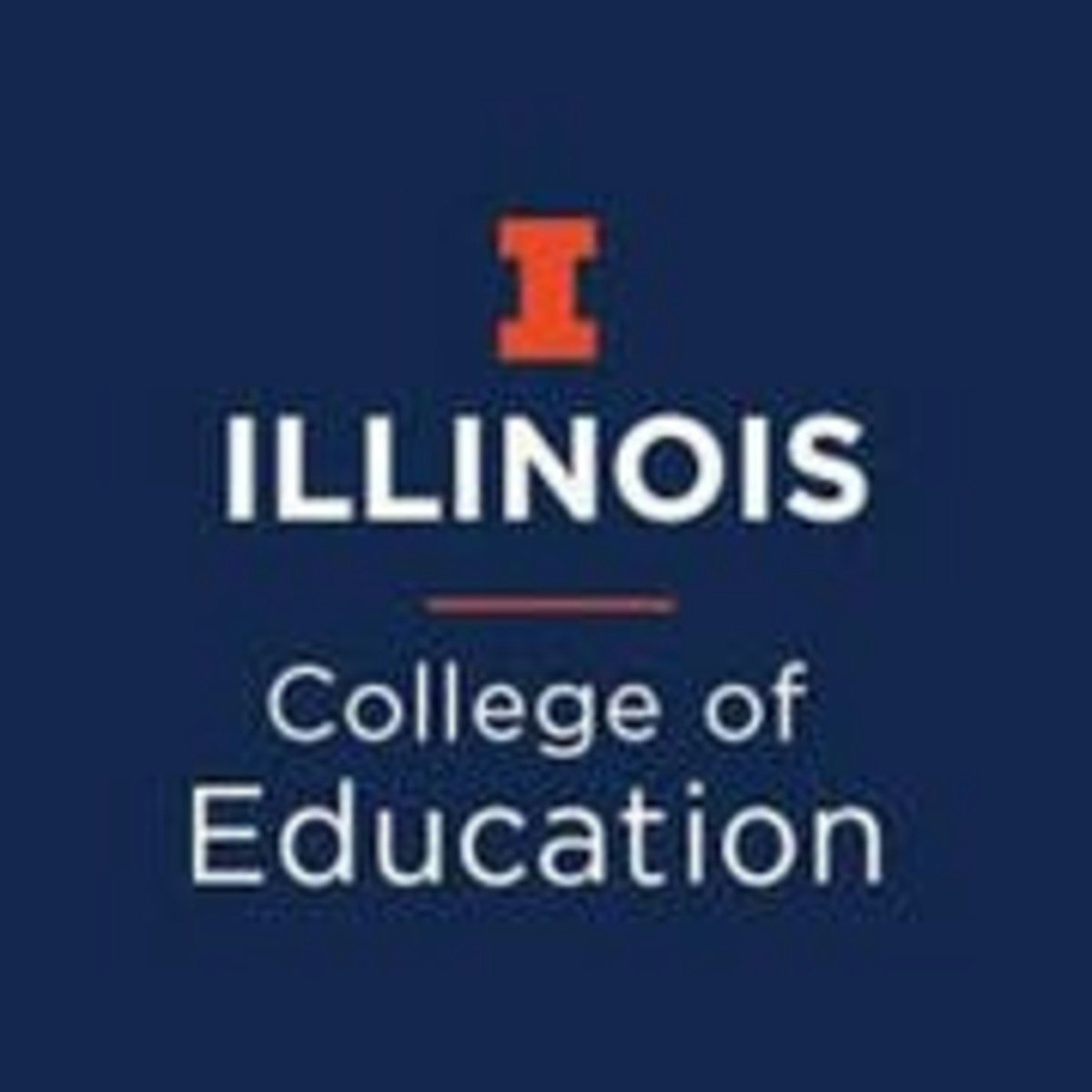
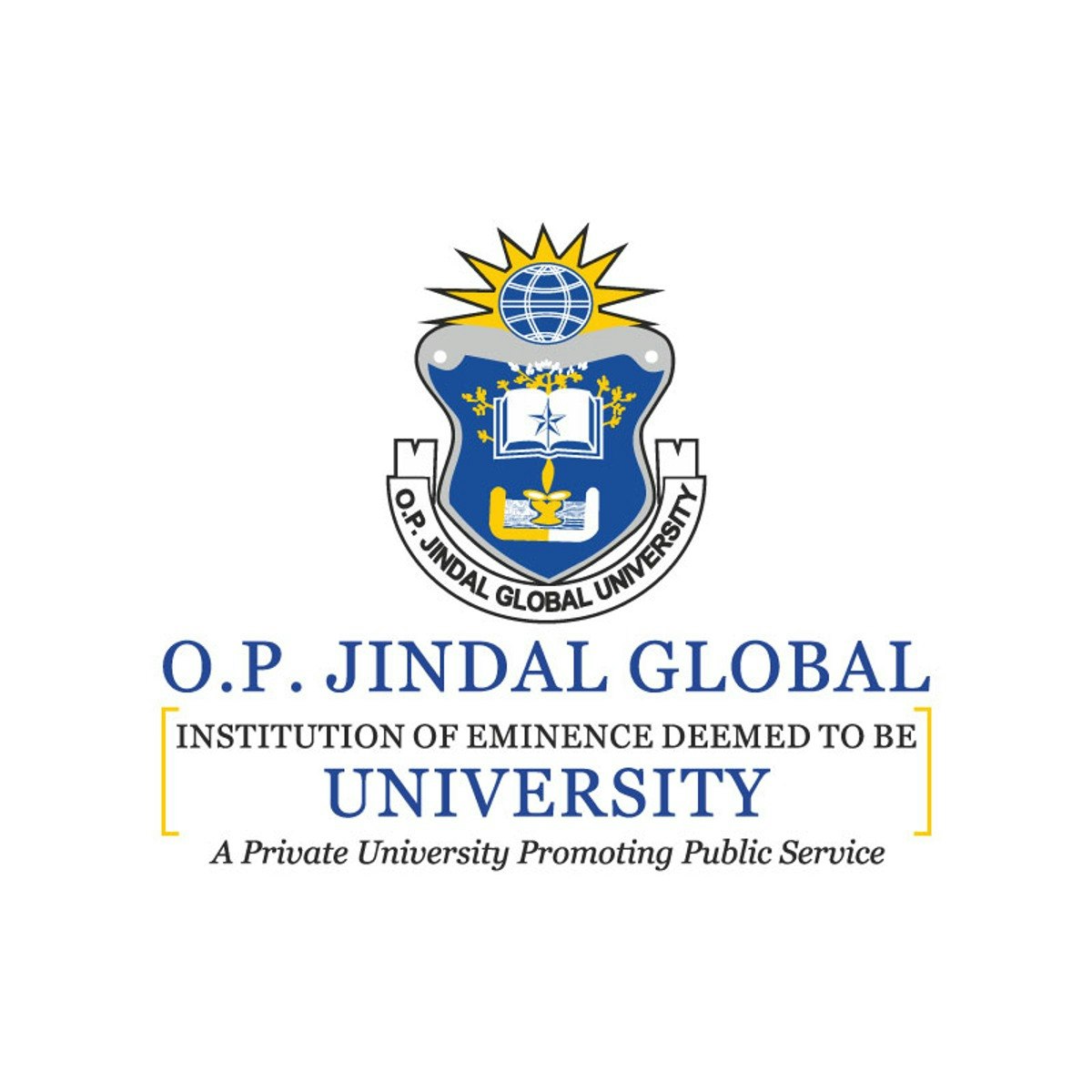

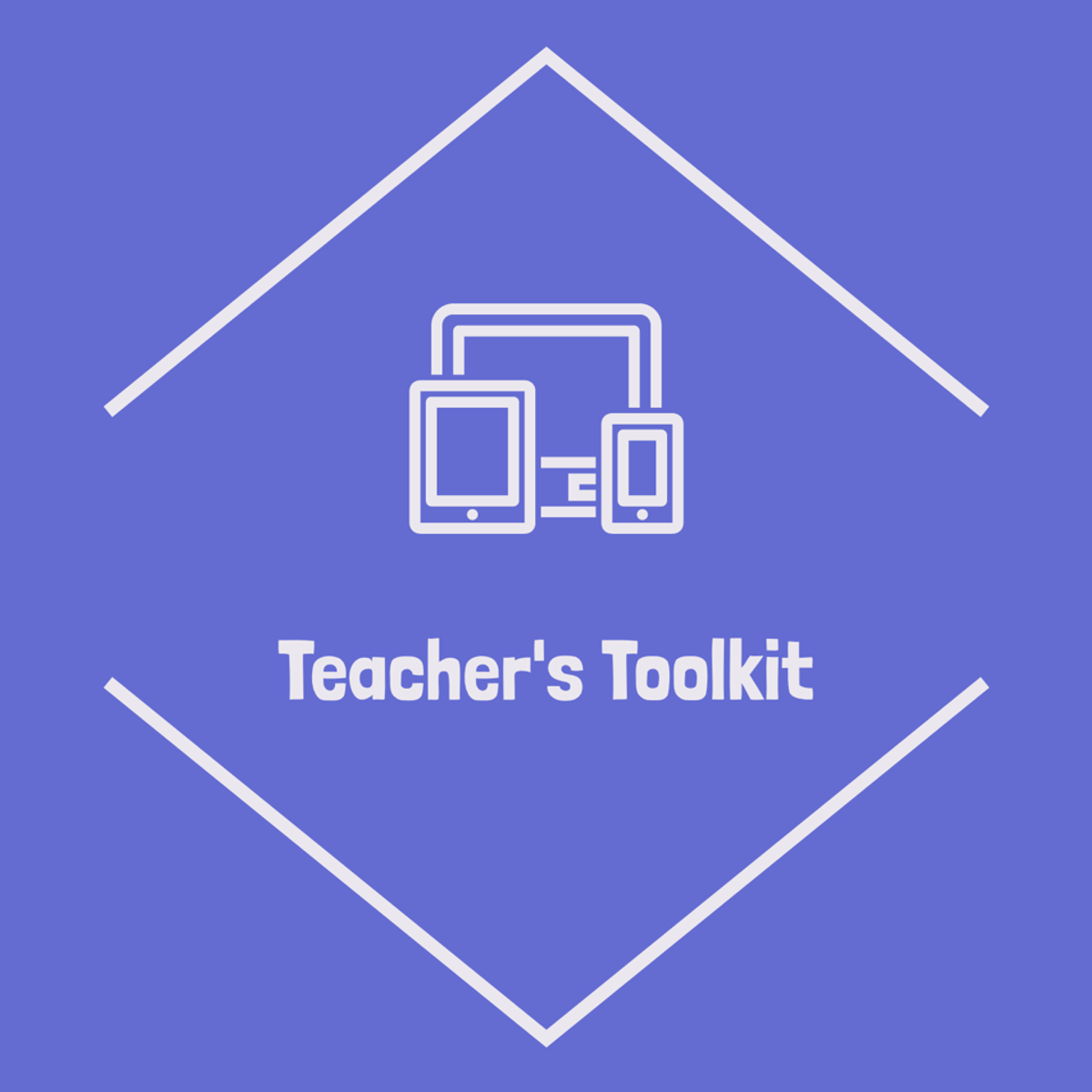
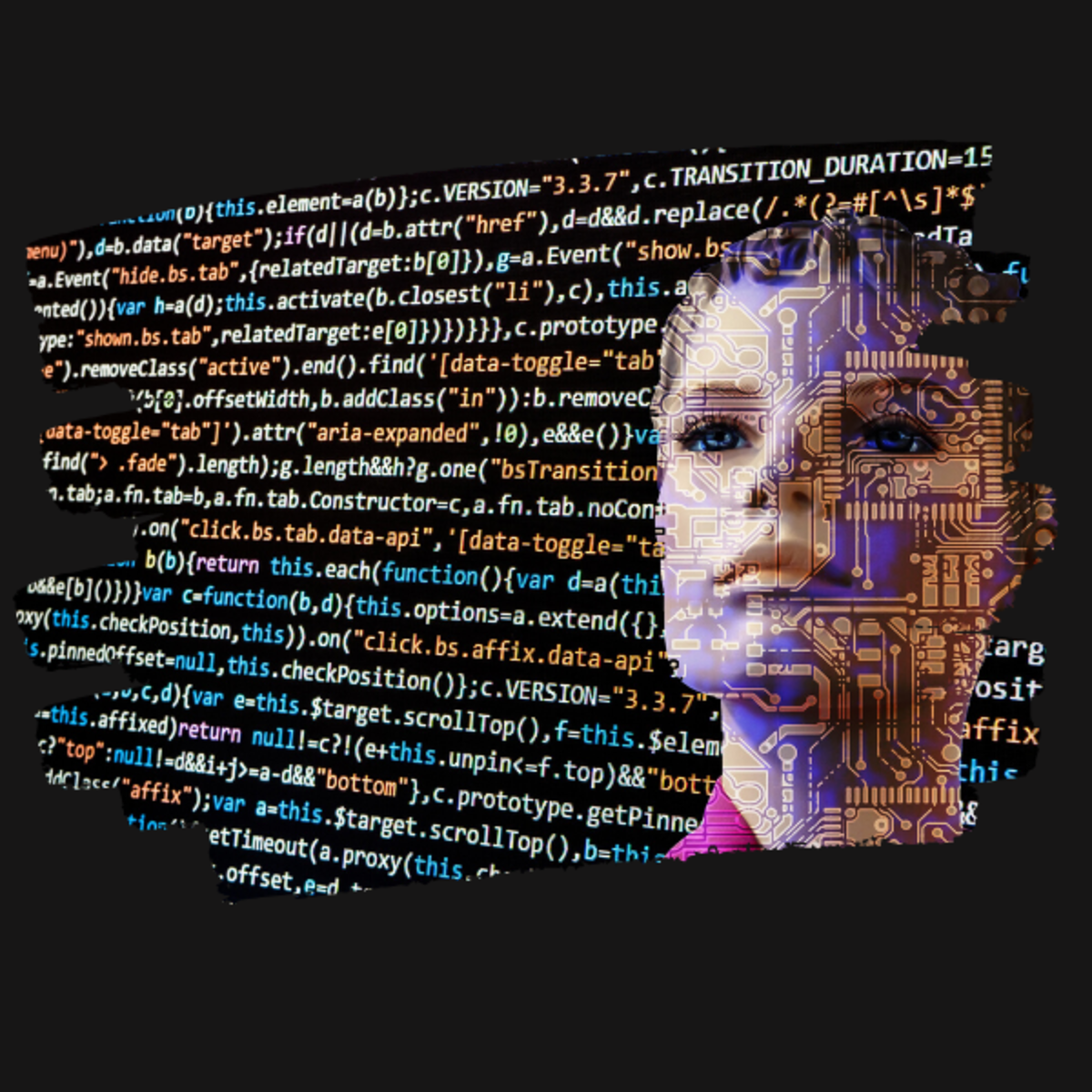


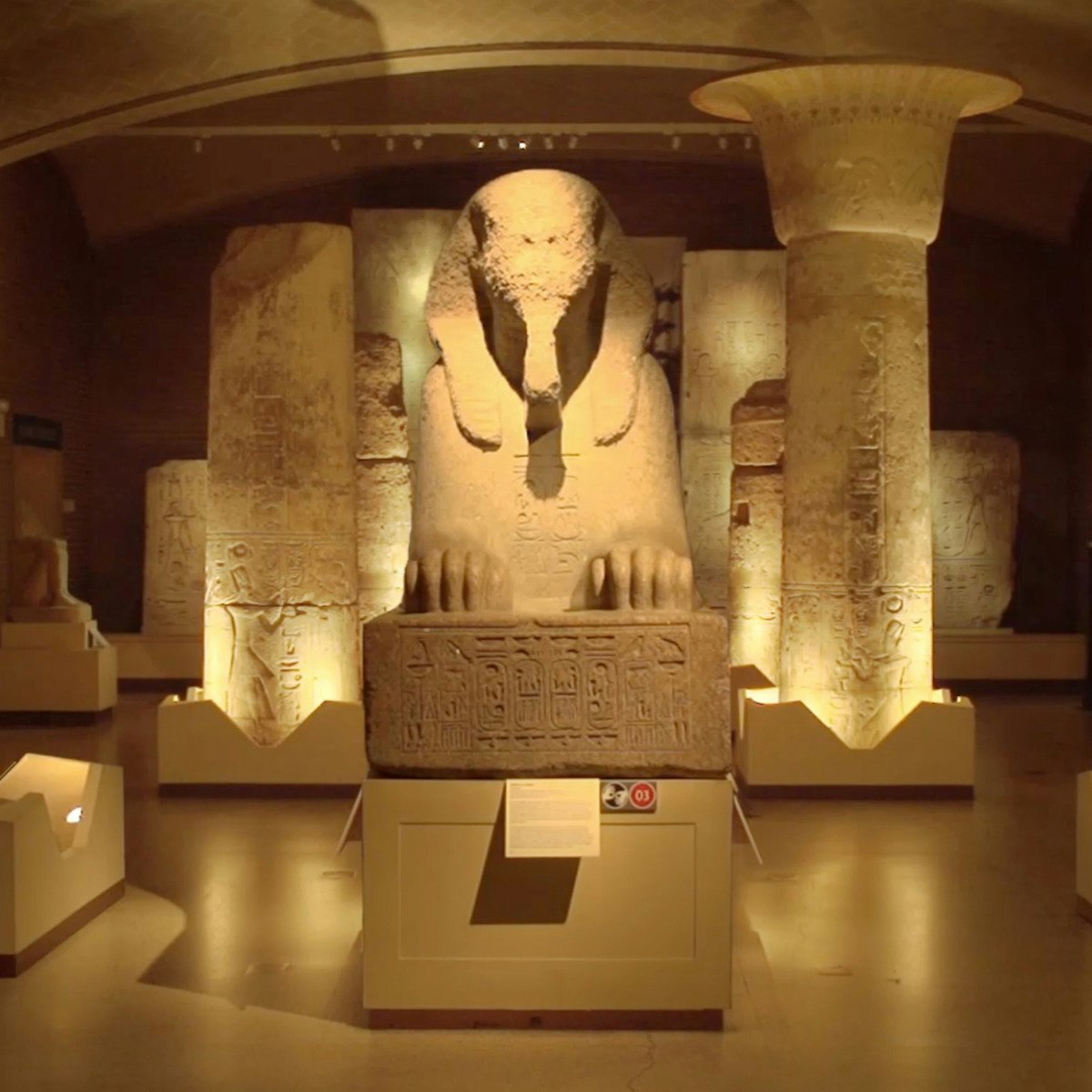
Social Sciences Courses - Page 7
Showing results 61-70 of 672
Public Health in Humanitarian Crises 1
This course, Public Health in Humanitarian Crises 1, introduces discussions about the public health approach to problems experienced by people affected by disasters, both natural and related to conflict. The course discusses the many changes which occur in people’s lives when they are uprooted by a disaster, ranging from changes in disease patterns, access to health care, livelihoods, shelter, sanitary conditions, nutritional status, etceteras. We will explore what humanitarian interventions could look like if we want to mitigate the effects of disasters. The course content is a mix of theoretical knowledge and many practical examples from recent disasters. We think this course is unique because it contains so many practical ‘real-life’ examples and is taught by instructors and guest lecturers who together have over 200 years of experience in this field.
The course consists of 10 modules totaling approximately 9-10 hours of delivered content with an additional 2-3 hours of self-work (quizzes and writing and evaluating a short peer-review assignment) as well as lively discussions forums. The course has been designed in a way that each module builds on the lessons of previous modules. However, you may do the modules in any order and some can be done separately.
You do not have to pay for this course if you choose to enroll without a certificate. Sometimes referred to as auditing, enrolling without a certificate means that you will have access to all of the videos, quizzes, assignments, and discussions. The only difference is that you will not receive a certificate upon completion. Click the Enroll Without a Certificate link to sign up and begin the course. Even if you enroll in a session that has yet to begin, you may access most of the course materials right away by clicking the Preview Course Materials link. However, you will have to wait for the session to begin before posting your comments on the discussion forum or accessing the final peer-reviewed assessment. Visit the Learner Help Center for details about session schedules.
If you want to learn more, there is a second course which follows this one entitled, Public Health in Humanitarian Crises 2. We welcome you to take this. The course has a similar set-up and discusses additional topics, such as infectious disease outbreaks, disease epidemiology, maternal and newborn health, mental health, humanitarian project design, humanitarian principles, and many other topics.

Cloud Computing Law: Transactions
Have you ever wondered what’s in the small print of cloud contracts? Or who owns the information you upload to the cloud? And who can access and control it? If so, then this course is for you! You’ll learn to identify the legal risks involved in cloud computing transactions - and to suggest possible solutions.
To understand how cloud computing works, we’ll first describe different kinds of cloud services and explain how they differ from in-house IT in terms of control, access, and cybersecurity. To understand how the law applies to cloud computing transactions, we’ll focus on the contracts between cloud providers and their customers. You’ll learn to identify and interpret key contract terms and to assess whether customers might negotiate better terms with providers. Finally, we’ll explain how English law protects trade secrets and copyright works stored in the cloud.
If you’re a lawyer, this course will be your guide to cloud infrastructure and supply chains. If you have a technical or commercial background, this course will introduce you to key legal issues in contracts and intellectual property. In short, if you’re interested in how the law applies to cloud computing, this course is for you.

Instructional Design Foundations and Applications
This course, Instructional Design Foundations, introduces learners to the conceptual and theoretical foundations of instructional design as well as the analysis aspect of instructional systems design in order to create an innovative instructional solution to performance problems in organizations. This particular course also introduces learners to concepts covered in the Instructional Design MasterTrack Certificate.
Upon successful completion of this course, you will be able to:
●Describe the major concepts of instructional systems design
●Describe the major learning and instructional theories
●Describe the process of instructional design and instructional design models
●Describe various analysis activities for instructional design

Introduction to Academic Writing
Welcome to the Introduction to Academic Writing course! By the end of this course, you will gain an in-depth understanding of reading and writing as essential skills to conduct robust and critical research. This course introduces you to critical reading and writing skills within the conventions of academic writing.
In this course, you will learn to effectively communicate your research questions and findings to an interested audience using reading and writing skills. With writing being an important method of thinking, you will learn how the practice of writing allows you to arrive at complex insights about your research area and develop your arguments systematically. This course focuses on the process of developing an argument through the examination of claims and evidence. It also familiarizes you with the structure of academic writing, which will help you better grasp the process of reading academic articles and writing your research. Through a mix of presentations and practice questions, this course provides you with a solid foundation for approaching the process of critical reading and writing in your respective disciplines. It will also cover other writing genres that are relevant to you, including writing for popular media and policy briefs, allowing you to explain how the writing process differs in these areas.

The Arctic as a System
In this course you will first learn about the Arctic as a geographic region, the peoples the Arctic, and the long history of Arctic settlement and exploration. Attention then turns to key features of the Arctic environment – its climate and weather, features of the ocean, sea ice, lands and the Greenland Ice Sheet, and some of the rapid changes being observed.
Learning Objectives: Appreciate the long history of the Arctic and its
peoples. Recognize and recall the physical geography of the Arctic, including
major features of the Arctic Ocean and Arctic lands. Describe the key climate and
environmental elements of the Arctic, including its sea ice cover, patterns of
temperature, precipitation, snow cover, land ice, permafrost and vegetation, the
physical processes giving rise to these features, and how they are changing.

Creating a Token Board with Microsoft PowerPoint
By the end of this project, you will have created a Token Board to use with your students. As teachers, we are always looking for ways to keep our students motivated and engaged. For students with special needs, a token board is a wonderful tool to provide the independence and choice they need in order to succeed. By using a token board, students can break tasks down into manageable parts and celebrate each step they accomplish through a reward that is suited to their interests. Throughout this project, we will work together to create a template that you can use as is or modify to meet the unique needs of your students and we will learn how to implement it with your students.

Digital Information Literacy
A Digital Artifact is an object that represents one’s learning. In today’s changing educational landscape, more courses call for a visual item as opposed to a “traditional” assignment or project. There is a multitude of free tools and software at our fingertips. This online course will provide tips, suggestions, and strategies for creating an interesting digital artifact in select, intuitive platforms.
In this course, you will learn to identify and define a Digital Artifact so you may create an infographic, slide show, website, or video. You will also learn best practices in digital media design and about Creative Commons licensing and citing your sources. Assessments will conclude each learning module to gauge your understanding as will peer-reviewed assignments to foster a sense of community through learning.
There are no prerequisites for this course however, taking Advanced Information Literacy prior will scaffold skills that will augment your understanding of the benchmarks in this digital literacy course.
In addition to earning a certificate from Coursera for this course, you'll also receive a Micro-Credential Digital Badge from the University at Buffalo, the State University of New York recognizing your accomplishment. Use your verified digital badge to promote your achievement online, and access job insights related to your new skills. Upon completion of each individual course and the complete Specialization, you will receive an email from Coursera with directions on how to claim your badge. Payment or participation through an official Coursera promotional offer is required to have full access to the course and to qualify for the Coursera Certificate and Digital Badge.

Assessment for Learning
For several decades now, assessment has become an increasingly pressing educational priority. Teacher and school accountability systems have come to be based on analysis of large-scale, standardized summative assessments. As a consequence, assessment now dominates most conversations about reform, particularly as a measure of teacher and school accountability for learner performance. Behind the often heated and at times ideologically gridlocked debate is a genuine challenge to address gaps in achievement between different demographically identifiable groups of students. There is an urgent need to lift whole communities and cohorts of students out of cycles of underachievement. For better or for worse, testing and public reporting of achievement is seen to be one of the few tools capable of clearly informing public policy makers and communities alike about how their resources are being used to expand the life opportunities for their children. This course is an overview of current debates about testing, and analyses the strengths and weaknesses of a variety of approaches to assessment. The course also focuses on the use of assessment technologies in learning. It will explore recent advances in computer adaptive and diagnostic testing, the use of natural language processing technologies in assessments, and embedded formative assessments in digital and online curricula. Other topics include the use of data mining, learning analytics and artificial intelligence in learning management systems and educational technology platforms. Participants will be required to consider issues of data access, privacy and the challenges raised by ‘big data’ including data persistency and student profiling.
--------------------------------
Recommended Background
--------------------------------
This course is designed for people interested in the future of education and the "learning society," including people who may wish to join education as a profession, practicing teachers interested in exploring future directions for a vocation that is currently undergoing transformation, and community and workplace leaders who regard their mission to be in part "educative."
--------------------------------
Related Resources
--------------------------------
Online resources are available here:
https://newlearningonline.com
--------------------------------
Join our Online Communities!
--------------------------------
CGScholar (Create an account and join the New Learning community)
https://cgscholar.com/community/community_profiles/new-learning/community_updates
Facebook
https://www.facebook.com/newlearningonline
Twitter
https://twitter.com/neolearning
--------------------------------
Take this Course for Credit at the University of Illinois
--------------------------------
This course has the same content and anticipates the same level of contribution by students in the Assessment for Learning course offered to graduate certificate, masters, and doctoral level students in the Learning Design and Leadership Program in the College of Education at the University of Illinois.
Of course, in the nature of MOOCs many people will just want to view the videos and casually join some of the discussions. Some people say that these limited kinds of participation offer evidence that MOOCs suffer from low retention rates. Far from it – we say that any level of engagement is good engagement.
On the other hand, if you would like to take this course for credit at the University of Illinois, you will find more information about our program here:
https://ldlprogram.web.illinois.edu/overview/
And you can apply here:
https://education.illinois.edu/epol/programs-degrees/ldl
--------------------------------
The Learning Design and Leadership Series of MOOCs
--------------------------------
This course is one of a series of eight MOOCs created by Bill Cope and Mary Kalantzis for the Learning Design and Leadership program at the University of Illinois. If you find this MOOC helpful, please join us in others!
e-Learning Ecologies: Innovative Approaches to Teaching and Learning for the Digital Age
https://www.coursera.org/learn/elearning
New Learning: Principles and Patterns of Pedagogy
https://www.coursera.org/learn/newlearning
Assessment for Learning
https://www.coursera.org/learn/assessmentforlearning
Learning, Knowledge, and Human Development
https://www.coursera.org/learn/learning-knowledge-human-development
Ubiquitous Learning and Instructional Technologies
https://www.coursera.org/learn/ubiquitouslearning
Negotiating Learner Differences: Towards Productive Diversity in Learning
https://www.coursera.org/learn/learnerdifferences
Literacy Teaching and Learning: Aims, Approaches and Pedagogies
https://www.coursera.org/learn/literacy-teaching-learning
Multimodal Literacies: Communication and Learning in the Era of Digital Media
https://www.coursera.org/learn/multimodal-literacies

Creating a Visual Tasks Guide with Microsoft PowerPoint
By the end of this project, you will have created a Visual Tasks Guide to use with your students. As teachers, we are always looking for ways to help our students grow. For students with special needs or students who need organizational support, completing tasks in the correct order can be a challenge. By providing a visual guide, students are able to gain independence as they practice tasks such as dressing for the weather or getting ready for school.

Introduction to Ancient Egypt and Its Civilization
Colossal pyramids, imposing temples, golden treasures, enigmatic hieroglyphs, powerful pharaohs, strange gods, and mysterious mummies are features of Ancient Egyptian culture that have fascinated people over the millennia. The Bible refers to its gods, rulers, and pyramids. Neighboring cultures in the ancient Near East and Mediterranean wrote about its god-like kings and its seemingly endless supply of gold. The Greeks and Romans describe aspects of Egypt's culture and history.
As the 19th century began, the Napoleonic campaign in Egypt highlighted the wonders of this ancient land, and public interest soared. Not long after, Champollion deciphered Egypt's hieroglyphs and paved the way for other scholars to reveal that Egyptian texts dealt with medicine, dentistry, veterinary practices, mathematics, literature, and accounting, and many other topics. Then, early in the 20th century, Howard Carter discovered the tomb of Tutankhamun and its fabulous contents. Exhibitions of this treasure a few decades later resulted in the world's first blockbuster, and its revival in the 21st century has kept interest alive.
Join Dr. David Silverman, Professor of Egyptology at Penn, Curator in Charge of the Egyptian Section of the Penn Museum, and curator of the Tutankhamun exhibitions on a guided tour of the mysteries and wonders of this ancient land. He has developed this online course and set it in the galleries of the world famous Penn Museum. He uses many original Egyptian artifacts to illustrate his lectures as he guides students as they make their own discovery of this fascinating culture.
Popular Internships and Jobs by Categories
Browse
© 2024 BoostGrad | All rights reserved


